
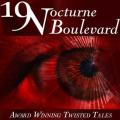 Julie Hoverson’s long running and prolific anthology podcast, 19 Nocturne Boulevard, features original and adapted “strange stories.” Since it began back in 2009 I’ve pretty much ignored it completely. This is pretty odd considering that Hoverson’s output rivals that of the mighty Bill Hollweg and that she’s been doing something I’m always boosting (adapting public domain Science Fiction, Fantasy and Horror). To be fair though, I had heard a couple of shows, most recently Snafu, but every time I’d listened to a 19 Nocturne show I’d come away with nothing to say. It took a recent email from Hoverson to get me to write something. Hoverson pointed out her new adaptation of Phillips Barbee’s The Leech. That title stirred a vague memory, then piqued my interest greatly, as I recalled that Phillips Barbee was actually the great Robert Sheckley!
Julie Hoverson’s long running and prolific anthology podcast, 19 Nocturne Boulevard, features original and adapted “strange stories.” Since it began back in 2009 I’ve pretty much ignored it completely. This is pretty odd considering that Hoverson’s output rivals that of the mighty Bill Hollweg and that she’s been doing something I’m always boosting (adapting public domain Science Fiction, Fantasy and Horror). To be fair though, I had heard a couple of shows, most recently Snafu, but every time I’d listened to a 19 Nocturne show I’d come away with nothing to say. It took a recent email from Hoverson to get me to write something. Hoverson pointed out her new adaptation of Phillips Barbee’s The Leech. That title stirred a vague memory, then piqued my interest greatly, as I recalled that Phillips Barbee was actually the great Robert Sheckley!
When it was first published, in the December 1952 issue of Galaxy magazine, The Leech was credited to “Phillips Barbee” – a one-off pseudonym, presumably it was only used at all because there were two Sheckley stories running in that issue. All subsequent publications have credited The Leech to Sheckley alone.
As one of the first ever Sheckley stories to be published, The Leech is interesting in itself. But as a kind of precursor to The Blob – which itself has an ancestor of sorts in H.P. Lovecraft’s The Colour Out of Space (which Hoverson has also read) it is even more interesting. The trope of a knowledgeable professor character investigating a dangerous object from space would be picked up for the 1953 BBC serial The Quatermass Experiment. In structure, however, The Leech more closely resembles the 1959 Manly Wade Wellman novel Giants From Eternity (look for a review of that soon). And it also bears some small resemblance to John W. Campbell’s 1938 novella Who Goes there? (and thus the movies The Thing and The Thing From Another World). Even Dean Koontz’s Phantoms |READ OUR REVIEW| has some sort of ancestry or parallel in The Leech. In short this is a kind of a subgenre’s subgenre that I don’t know the name of.
As for Hoverson’s adaptation of The Leech, it’s pretty darned slick, with good acting and sound effects. There’s even a theremin! It’s also fairly faithful to Sheckley’s story going with the humor, using much of the dialogue, the setting and the period. But, as with most audio drama, Hoverson’s script completely disposes with the third person omniscient narration, opting instead for to give the alien a voice – or voices in this case (the Leech seems to be performed as a kind of hive mind). This choice leaves the ending more open to interpretation than does the original text. The Leech is one of the best amateur audio drama adaptations of a public domain story yet! Highly recommended.
 19 Nocturne Boulevard – The Leech
19 Nocturne Boulevard – The Leech
Adapted by Julie Hoverson; From the story by Robert Sheckley; Performed by a full cast
1 |MP3| – Approx. 40 Minutes [AUDIO DRAMA]
Podcaster: 19 Nocturne Boulevard
Podcast: February 23, 2011
Classic era science fiction about a very odd visitor from outer space. The Leech was first published in the December 1952 issue of Galaxy Science Fiction.
Cast:
Professor Michaels … Grant Baciocco
Frank Connors … Bryan Hendrickson
Mrs. Jones … Kimberly Poole
Sheriff Flynn … Glen Hallstrom
General O’Donnell … Chuck Burke
Allenson, scientist … Cary Ayers
Moriarty, physicist … Eleiece Krawiec
Brigadier-General … H. Keith Lyons
Driver … Cary Ayers
Soldier1 … John Carroll
Soldier2 … Lothar Tuppan
Pilot … Mark Olson
The Leech … Suzanne Dunn, Will Watt, James Sedgwick, Julie Hoverson
Music by misterscott99
Editing and Sound: Julie Hoverson
Cover Design: Brett Coulstock
Podcast feed: http://nineteennocturne.libsyn.com/rss
And since we’re talking The Leech, I should also point out there is a new reading, found in the recently completed LibriVox Short Science Fiction Collection Vol. 042 collection…
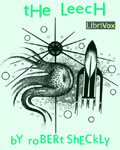 The Leech
The Leech
By Robert Sheckley; Read by Gregg Margarite
1 |MP3| – Approx. 40 Minutes [UNABRIDGED]
Publisher: LibriVox.org
Published: November 28, 2010
Etext: Gutenberg.org
A visitor should be fed, but this one could eat you out of house and home … literally! From Galaxy Science Fiction December 1952.
Posted by Jesse Willis
 A couple of tales that stood out for me in this collection Unborn Tomorrow by Mack Reynolds is a mystery with a male and female pair of New York City private investigators who have a client with a story tell. Its, clever, funny and manages a fairly unique twist on the time travel theme. Waste Not, Want by Dave Dryfoos is the story of an aged widower living in a society in which consumer consumption isn’t just fashionable it’s required by law. This is more of a vignette than a story, but if you’re interested, that idea (compulsory consumption), also pops up in Robert Silverberg’s second novel, Starman’s Quest too.
A couple of tales that stood out for me in this collection Unborn Tomorrow by Mack Reynolds is a mystery with a male and female pair of New York City private investigators who have a client with a story tell. Its, clever, funny and manages a fairly unique twist on the time travel theme. Waste Not, Want by Dave Dryfoos is the story of an aged widower living in a society in which consumer consumption isn’t just fashionable it’s required by law. This is more of a vignette than a story, but if you’re interested, that idea (compulsory consumption), also pops up in Robert Silverberg’s second novel, Starman’s Quest too.
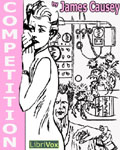

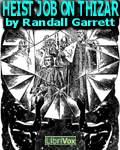
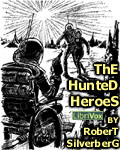
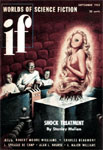
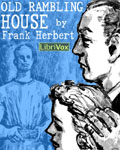
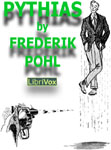
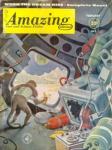

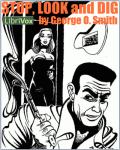
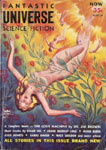
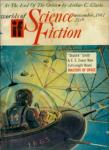
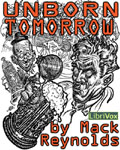

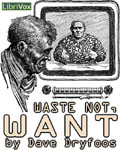
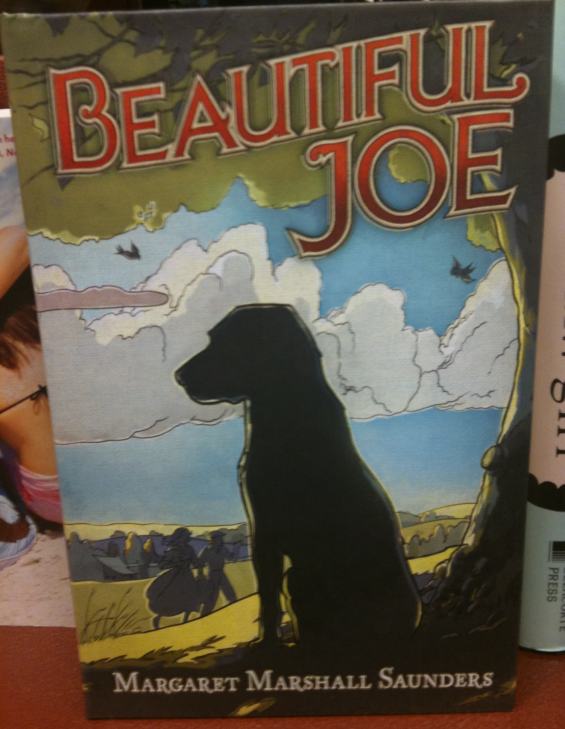

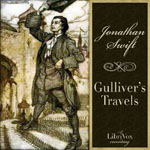
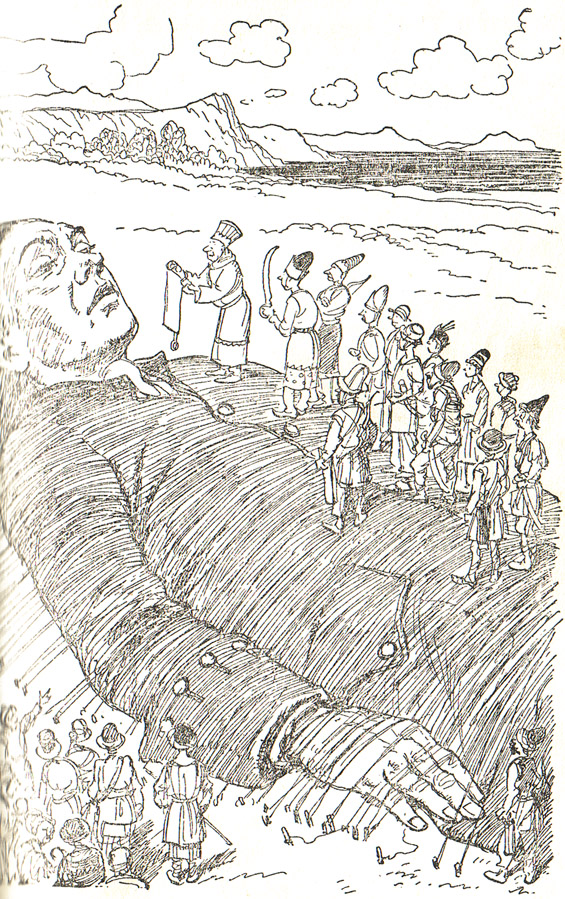

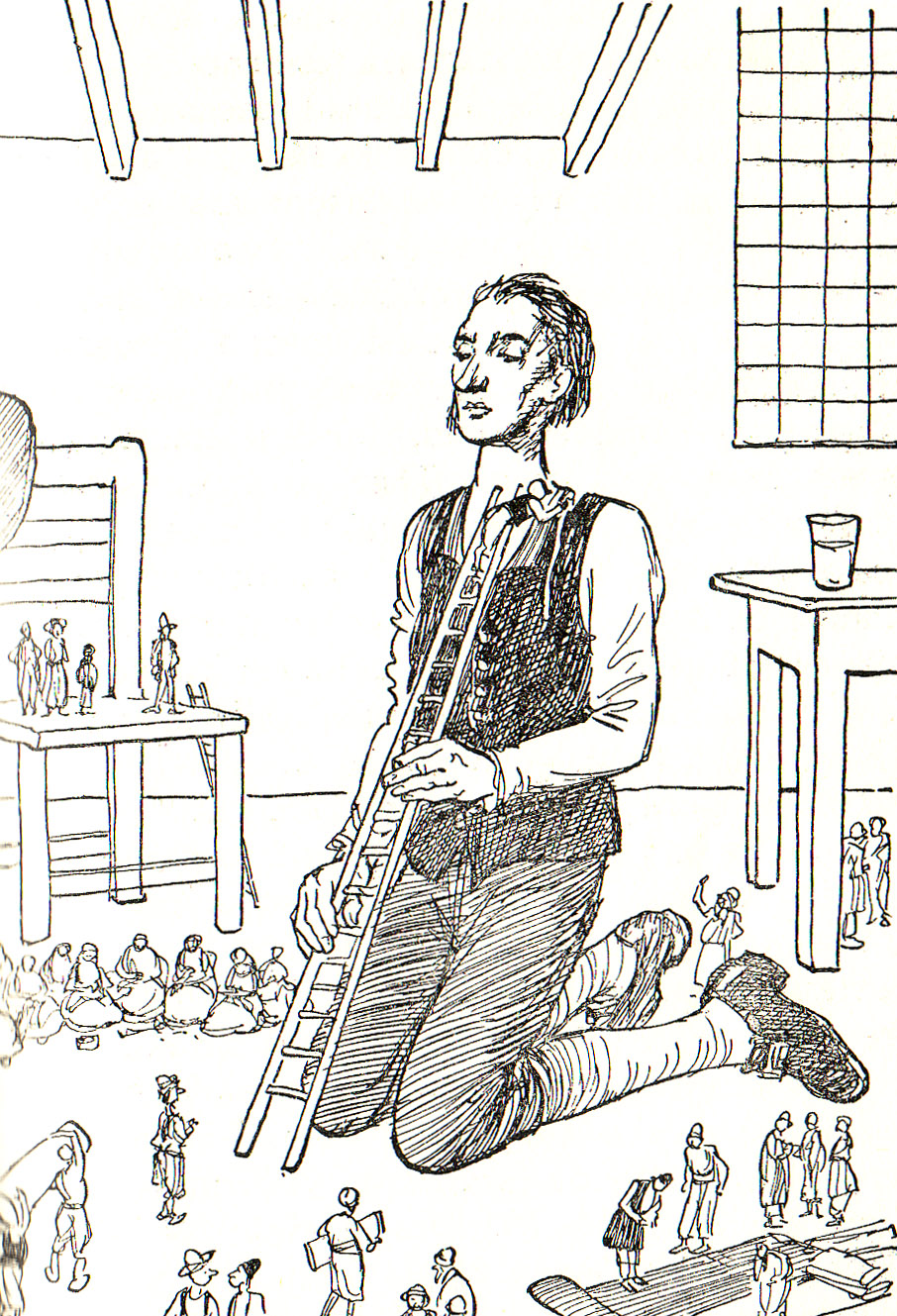
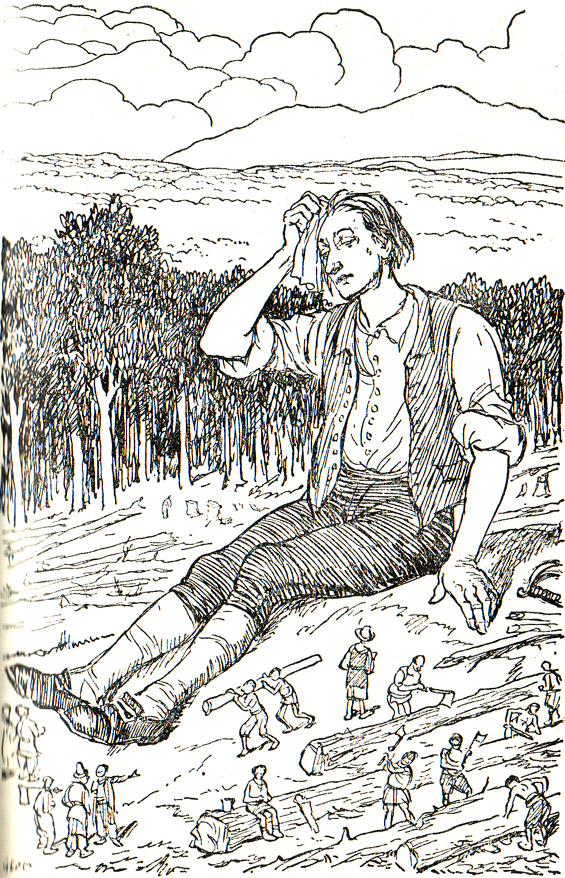
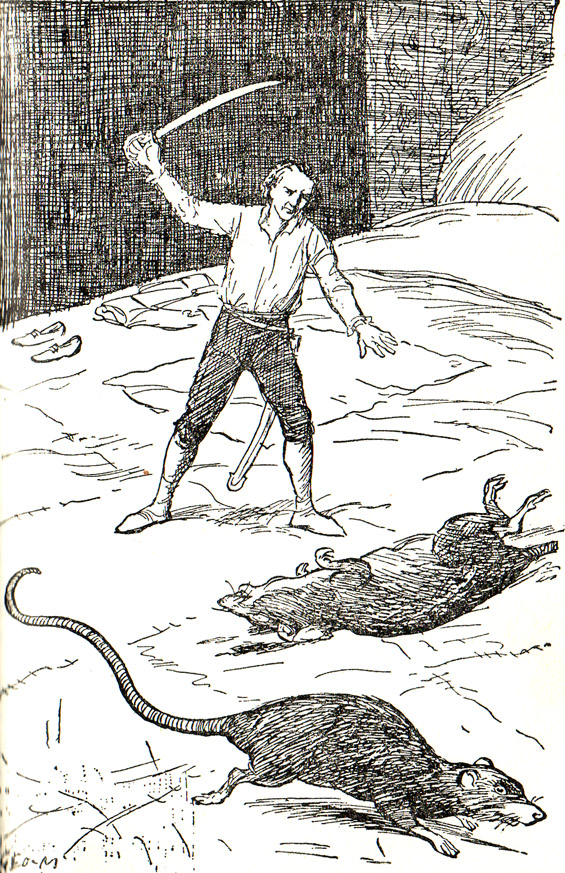
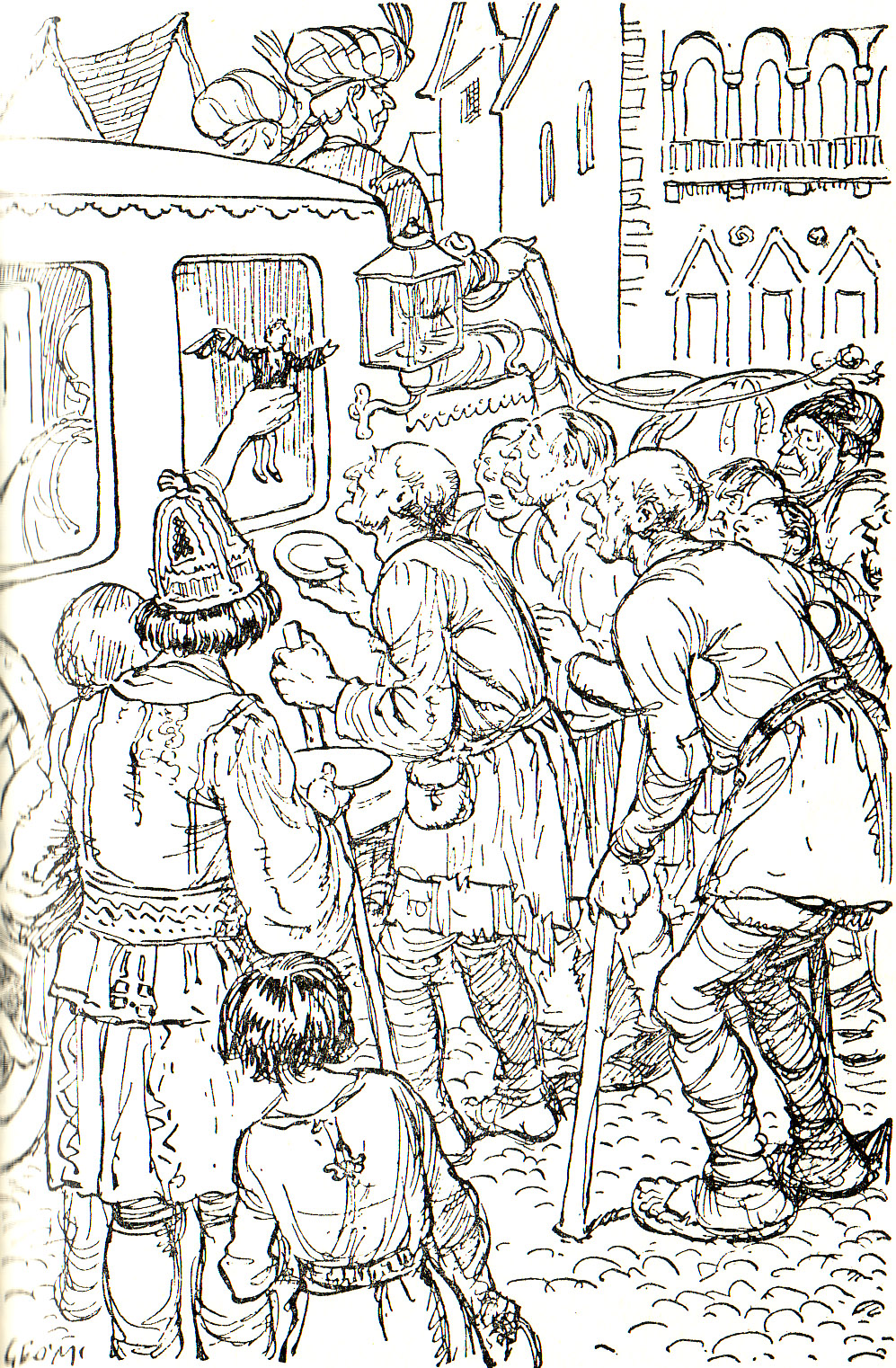
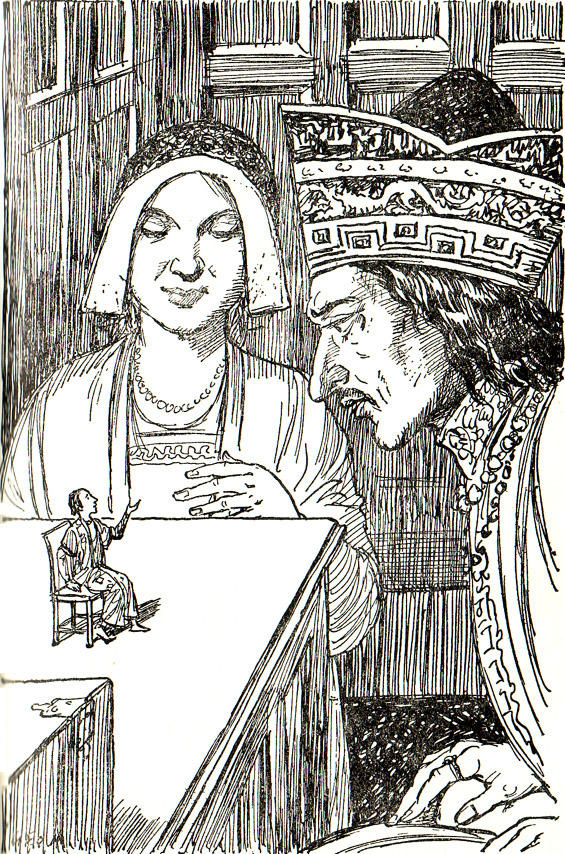
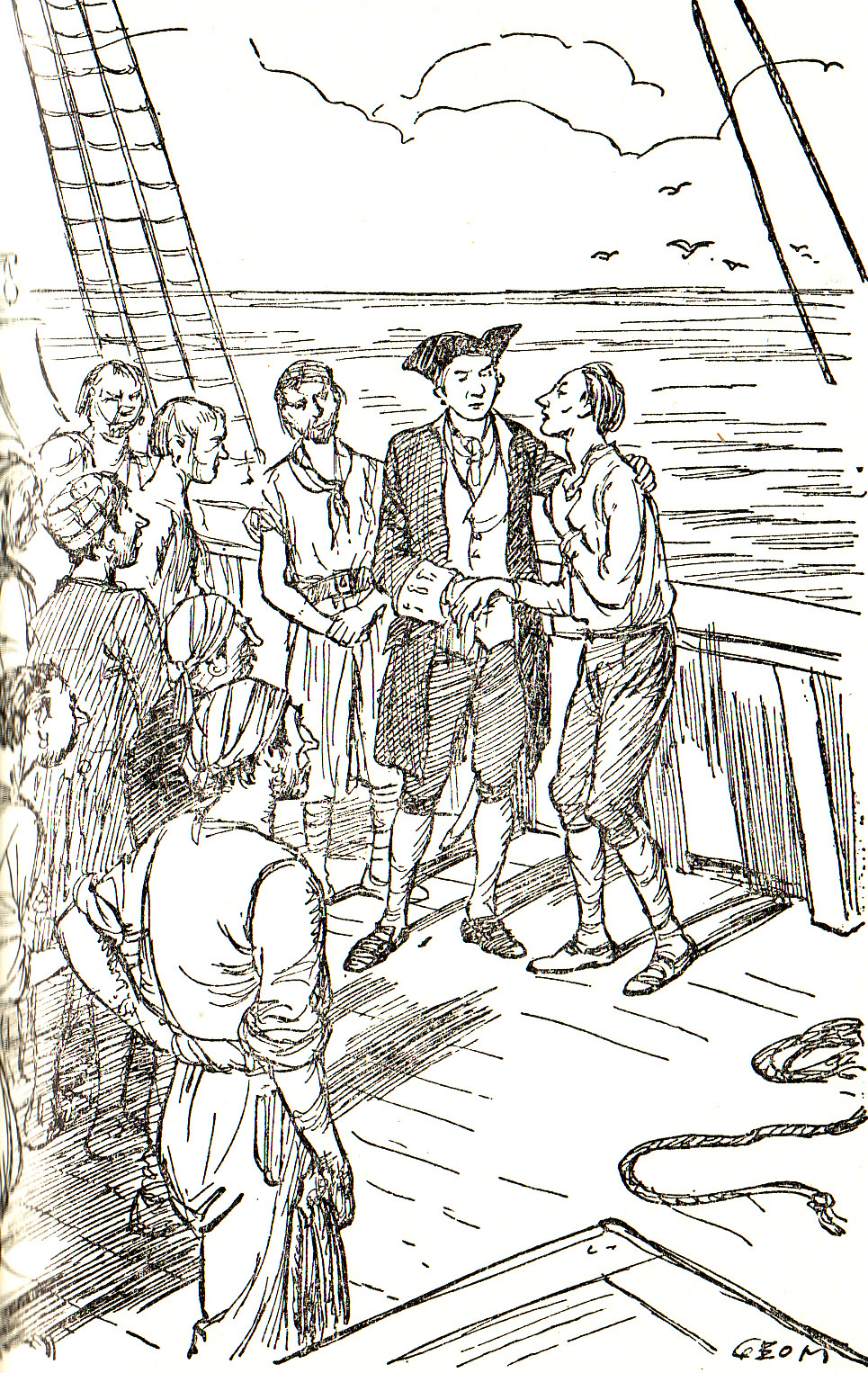
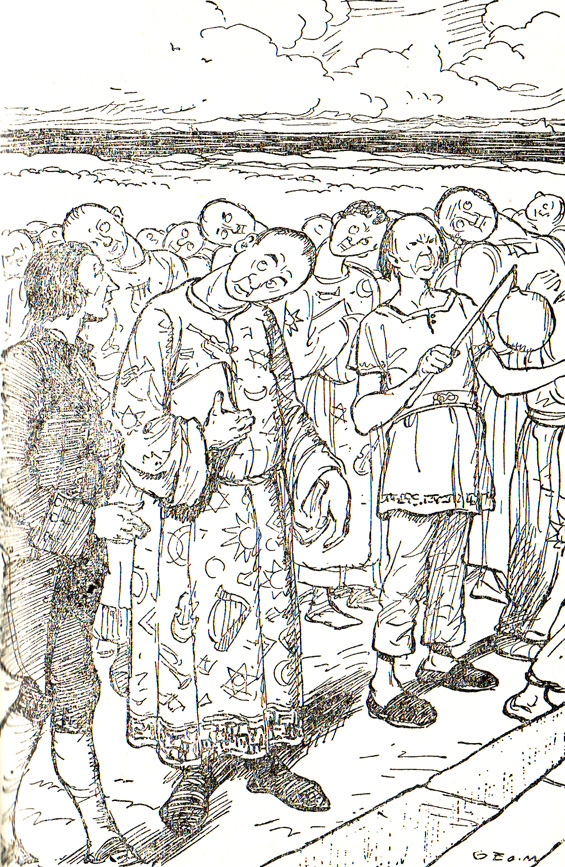
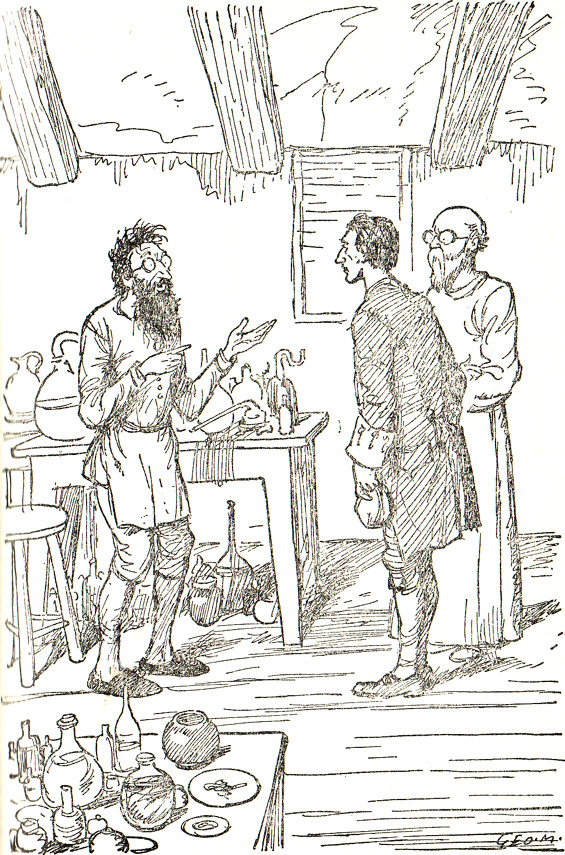
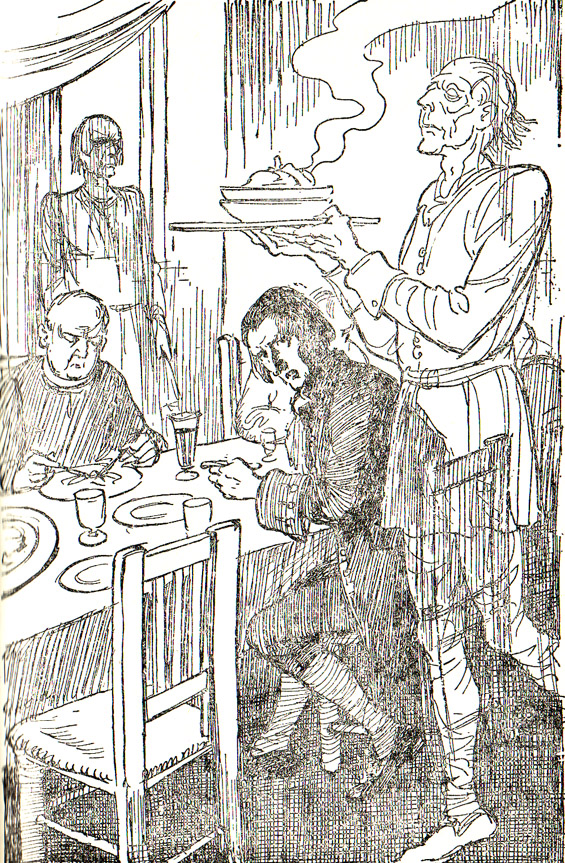
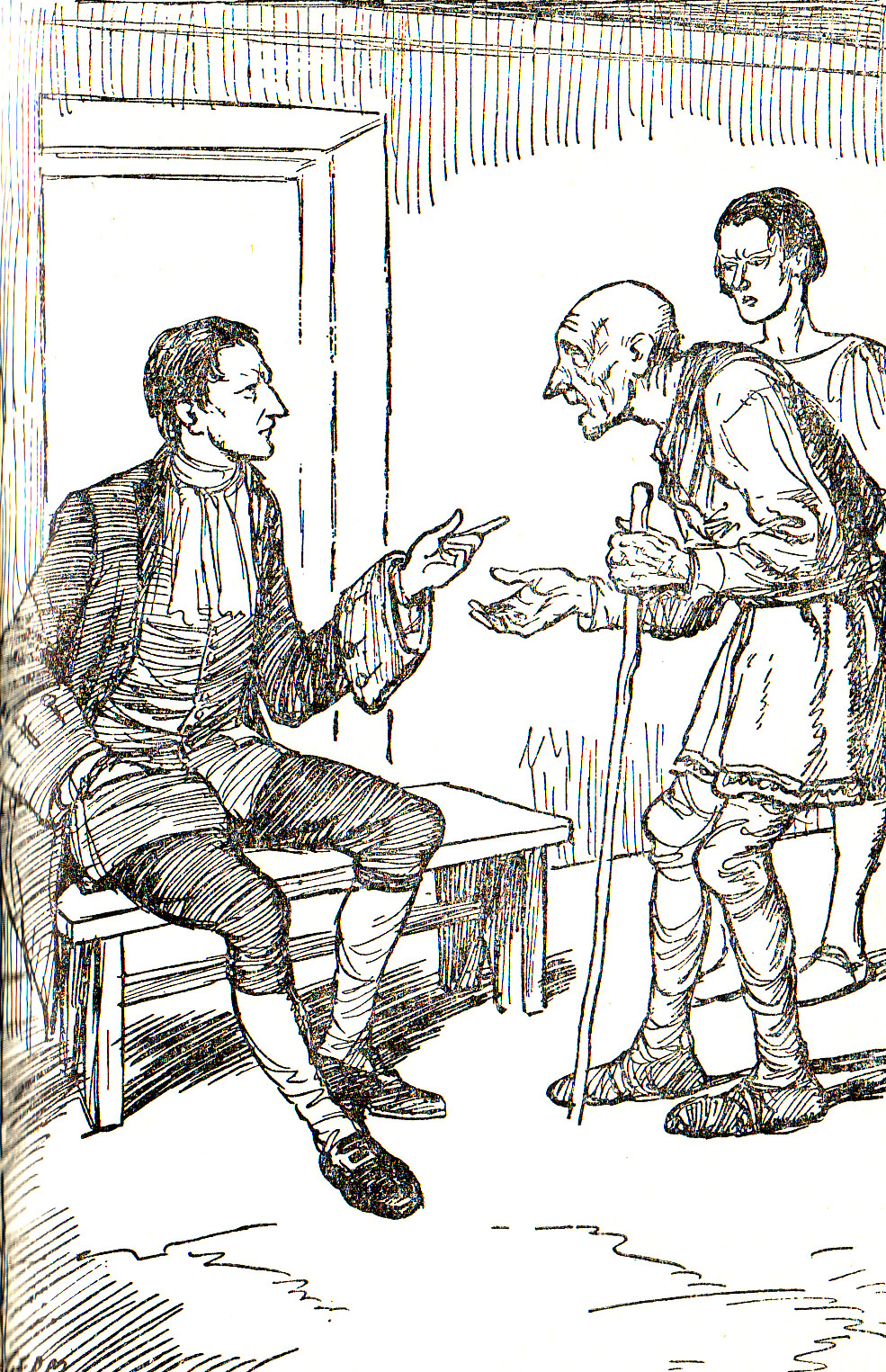
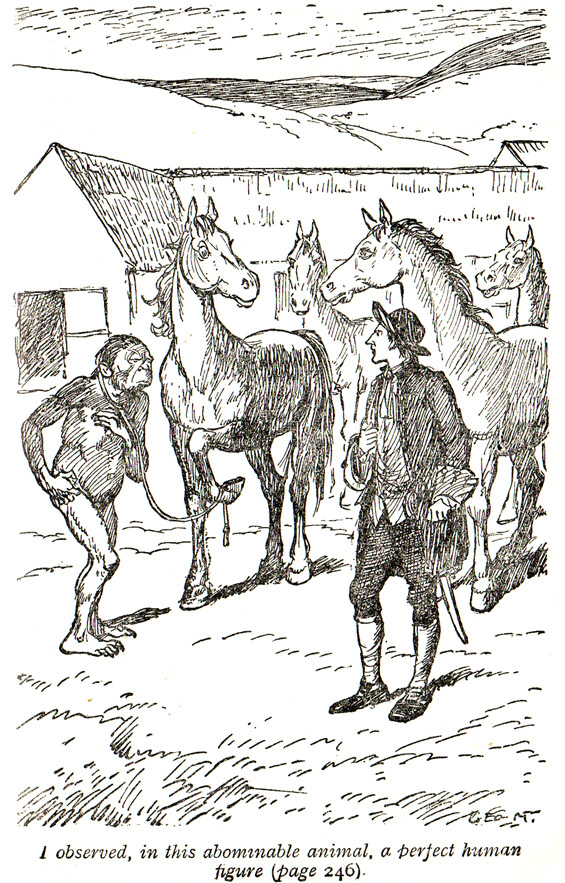
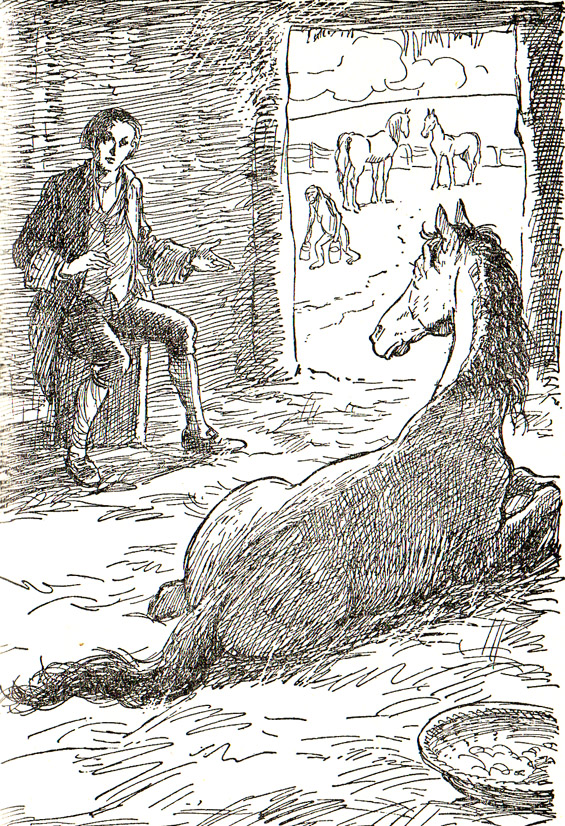
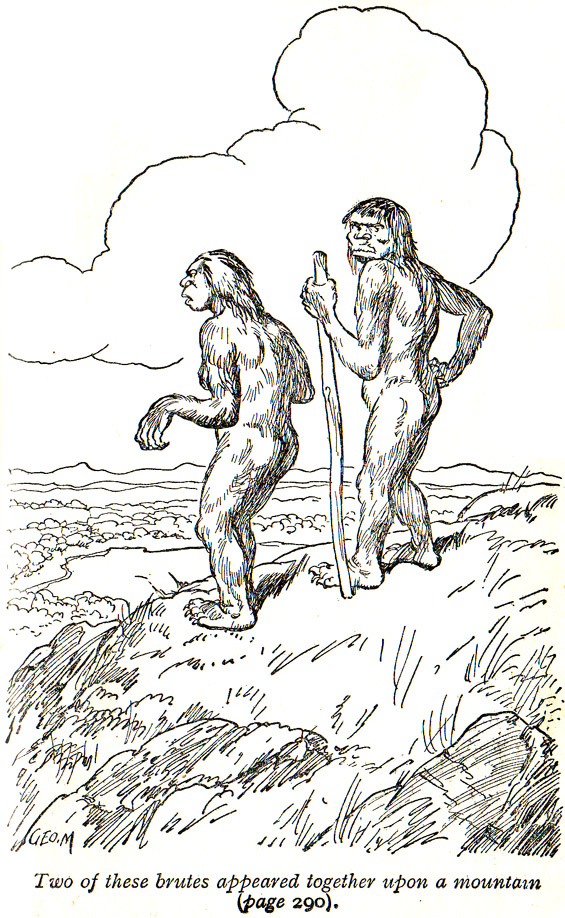
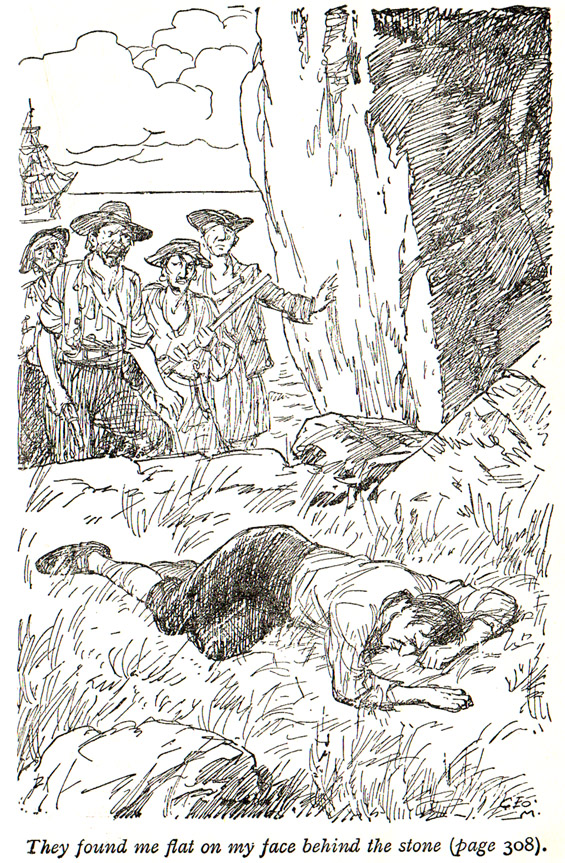

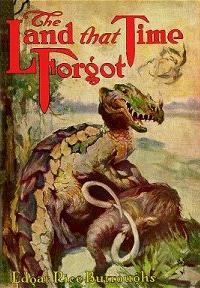

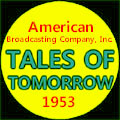 Tales Of Tomorrow – Watchbird
Tales Of Tomorrow – Watchbird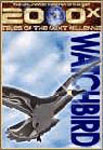 2000X – The Watchbird
2000X – The Watchbird 